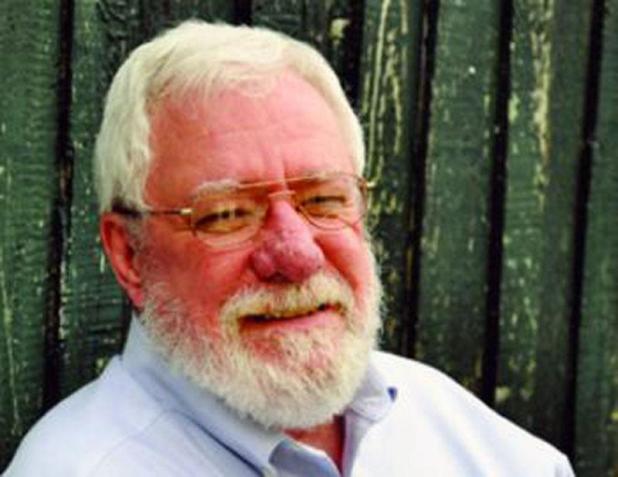
Jim Bradshaw
Poppies reminders of valor
At the end of World War I, the poem “In Flanders Fields” by Lt. Col. John McCrae of the Canadian army became something of a national reminder of the valor of the young men who fought and died in France in the “war to end all wars.”
It reads in part:
In Flanders Fields the poppies blow
Between the crosses row on row,
That mark our place; and in the sky
The larks, still bravely singing fly
Scarce heard among the guns below.
It is because of this poem that red poppies came to be distributed on Memorial Day as a symbol of the heroism of the soldiers of World War I and, since then, of all of our heroes who have died in battle.
Scanning a list of war dead, I count some 40 men from Acadiana who were killed in World War I. Fifteen men from Louisiana won the Distinguished Service Cross for valor in that war, certainly the best known of them being the man some still call “the greatest of all leathernecks.”
Lt. Gen. John A. Lejeune spent more than 40 years in the U.S. Marine Corps, putting his name in the history books when he led the famed Second Division in World War I. He became a major general and commandant of the Marine Corps after the war and Camp Lejeune in North Carolina is named for him.
Lejeune was born in Pointe Coupée Parish on Jan. 10, 1867. He earned an undergraduate degree from LSU and then went to the Naval Academy, graduating in 1888. After a two-year hitch as a naval midshipman, he was commissioned a second lieutenant in the Marine Corps on July 1, 1890, just in time to see action in the Spanish-American War.
He went to Panama with a battalion of Marines in 1903, then commanded a Marine brigade in the Philippines from 1907 to 1909. After returning briefly to the U.S., he was sent to Cuba.
He was in the United States when World War I erupted and was sent to France in June 1918. There, he was first given command of a brigade of the 32nd Division, then took charge of the Second Army Division on July 28, 1918. He held that command until August 1919, when the unit was demobilized. He was the first Marine officer to command an Army division and, following the Armistice, he led his division in a victorious march into Germany.
The division, known as the “Indianhead” division, was awarded the French Croix de guerre three times for gallantry under fire, at Belleau Wood, Soissons, and Blanc Mont.
At war’s end, Lejeune was given the Legion of Honor and Croix de Guerre by France, and the U.S. Distinguished Service Medal, among other decorations. On his return to the U.S. he was named commanding general of the Marine Barracks at Quantico and then became commandant of the entire Marine Corps on June 30, 1920.
He retired from the Corps in November 1929 and became superintendent of Virginia Military Institute. He died Nov. 20, 1942, and is buried at Arlington National Cemetery.
A statue next to the courthouse in New Roads stands as one of the reminders of Lejeune’s life and career. For other heroes this Memorial Day we have these poetic lines:
We cherish too, the Poppy red
That grows on fields where valor led,
It seems to signal to the skies
That blood of heroes never dies.
You can contact Jim Bradshaw at jimbradshaw4321@gmail.com or P.O. Box 1121, Washington LA 70589.
